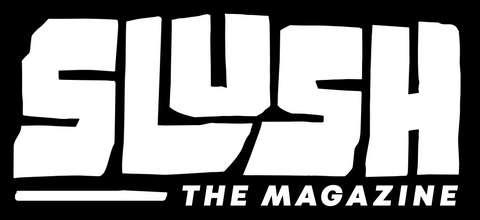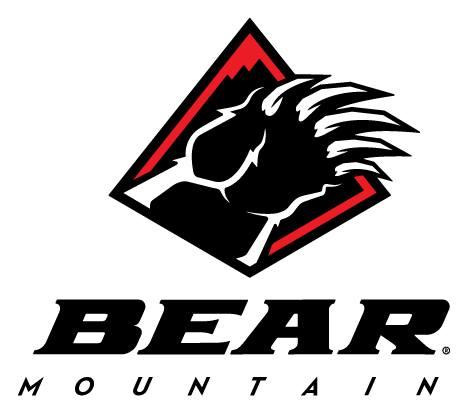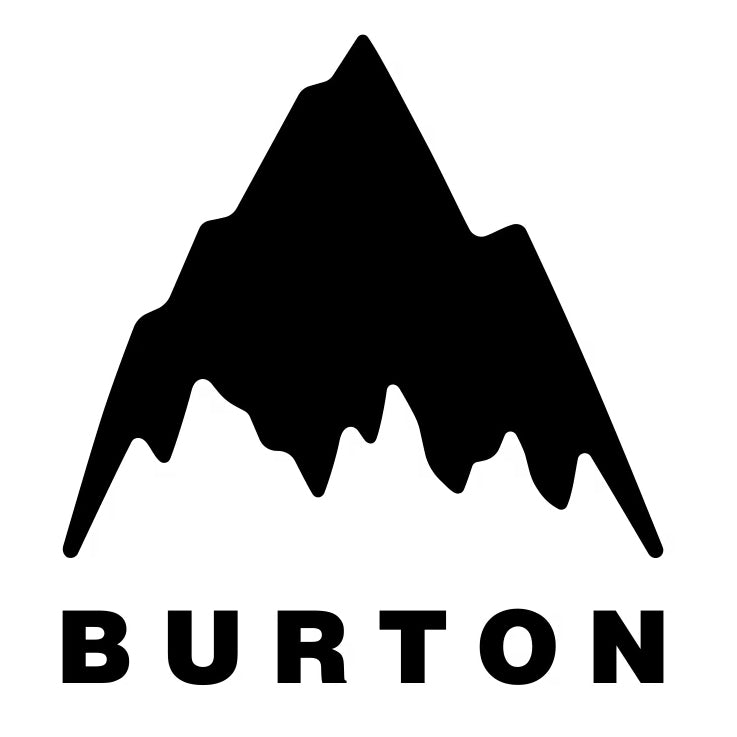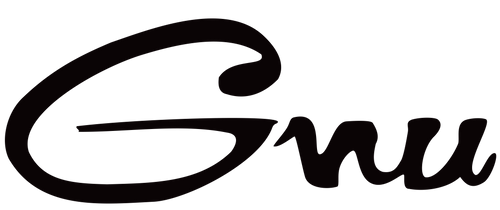
Words: Evann Makati Normandin
Photos: Randy Williams
The Top of the Mountain
Zach Normandin is no stranger to fear—it’s what fuels him. At 26 years old he’s been sponsored by the likes of Oakley and Volcom, traveled the world to perform feats of aerial acrobatics on steep slopes in Beijing and untouched fjords in Iceland, and staggered spectators at big name competitions like Dew Tour, Superpark, and The Launch. A local star of the East Coast shred scene, he knows that each time he straps his feet to the board and picks up speed a fraction of a second could cost him his life. After over a decade of defying gravity as an occupation he thought he knew fear like an old friend. But when Zach was diagnosed with non-Hodgkin’s lymphoma at the outset of a global pandemic, he encountered a fear he never knew existed.
Zach’s body is his instrument, and, like any good artist, he knew the moment it was out of tune. In February 2020 he started developing symptoms that would lead to his cancer diagnosis: fatigue, weight loss, and headaches. By March the symptoms were acute. “The pressure in my head was unbearable,” he said. “My face would turn completely red and I would be out of breath after something as basic as bending over.” Used to voraciously lapping the park at Nashoba Valley—a small ski mountain and his old stomping grounds—he could barely make it through a run. Zach called his girlfriend at the time, away on business, and the mixed emotions of the day bubbled up all at once. “I knew in my heart something was wrong,” he said. “And I wanted to be with her when I found out.”
The next morning, after another excruciating headache and a visit to a local urgent care, Zach was sitting in an exam room at Emerson Hospital—an all-too familiar destination for the breaks and dislocations that are par for the course for an elite snowboarder. They identified the root of his symptoms as a dural arteriovenous fistula: a neurological issue in which there is an abnormal connection between arteries and veins in the head. In the ambulance to Massachusetts General Hospital in Boston, with his mom following close behind, he felt a profound sense of relief. It would be an easy fix, they’d said, and he would feel better. After a sleepless night of scans and tests, Zach drank some “surprisingly good” hospital coffee and awaited his plan. 
When the door opened that morning the nurse’s face was white as a ghost. They had uncovered a large mass in his chest. He would need further scans. They were going to wheel him up to oncology, she told him. Zach went to the bathroom and splashed cool water on his face. “In that moment I came to grips with the possibility that I might lose my life,” Zach said. “I thought I knew fear, but I didn’t. Fear is the unknown. Fear is the devil waiting behind a door you’ve never opened.”
On March 11th, the World Health Organization declared covid a global pandemic. Schools shuttered, offices went dark, and the world collectively held its breath. MGH instituted a one visitor policy. One by one, Zach’s family and friends filtered through with words of strength, love, and assurance, bearing gifts and flowers and food. The last thing he remembers before his team wheeled him to his biopsy was the look on his mother’s face, unshakeable and terrified all at once. When his team delivered him from the basement three hours later, his girlfriend was there, shining like a lighthouse in a storm. “You can take your natural wonders of the world and go pound sand,” he said. “That was the best view in the entire world.”
The Course
When Zach was 14 he flew from Boston to Colorado to meet up with the prestigious Waterville Valley team. He was painfully shy and suffered from anxiety that would follow him to adulthood. Zach called home once, twice, then three times begging for a plane ticket home. Curled up in bed he opened an email from his father, subject line: A Good Son. The email was full of poetic and earnest counsel to follow his dreams and nourish his talents. It closed with this simple advice: “If you can’t be brave, act brave. No one can tell the difference.”
On March 13th, 2020 Dr. Abramson—a renowned oncologist and the Director of the Lymphoma Program at Massachusetts General Hospital—crouched down to Zach’s level to deliver his diagnosis: Primary mediastinal large B-cell lymphoma, stage 4, with cells beyond the lymphatic system and as far spread as his pancreas. With the certainty of a man who has looked death in the face and turned him away, Abramson told Zach that the cancer was rare, aggressive, and highly treatable. He would need six rounds of high-dose chemotherapy. “This is the summer you become cancer free,” he said. Zach shook his hand, and acted brave. 
There is no good time to get cancer, but the very beginning of the covid pandemic was a good time to be diagnosed. At the height of the pandemic, many hospitals around the nation shifted focus to diagnose and treat covid patients. Beds filled up, health care workers were diverted to covid ICUs, and lack of routine screenings led to a significant drop in cancer diagnoses in 2020. But the pandemic did complicate Zach’s treatment. Five days into his first round of chemotherapy, MGH announced that there would be no visitors allowed. Most hospitals around the country followed suit. “The worst part was being alone in the hospital,” Zach said. “Sometimes I would just go into airplane mode when people were talking to me. It’s helpful to have another set of ears—someone to advocate for you.”
In order to receive his chemo (dose adjusted EPOCH-R) Zach needed a picc line—a large catheter placed in the forearm and guided into the chest using an ultrasound. The process terrified him. When he walked into the room for his procedure “Wheels on The Bus” was playing over the loudspeaker. “They told me a nine-year-old had been in there just before me,” Zach said. “That really put things in perspective. No kid should have to go through that, but if they could do it, so could I.”
With no friends and family to help manage his anxiety, and fear of the unknown still hanging over him, Zach slept and ate very little. Through catheters, chemo, and spinal taps, he did his best to heed his roommate's advice and “leave his pride at the door.” When Zach was released from the hospital 16 days later he was elated, and nervous. In March 2020 the public had very little information about how covid was transmitted, and Zach was immunocompromised. But covid did have some silver linings. He and his girlfriend holed up in an apartment in Cambridge, lent by a dear family friend, and the pandemic’s hold on the hospital meant that Zach was able to do his chemo infusions at home. “It was our own world,” Zach said. “In a weird way, being quarantined like that was comforting on a number of levels.” 
The course was set, and, as with any course requiring high-dose chemo, it was rough. Proximity to the hospital proved vital when Zach developed an ulcer in his stomach and needed a rush by ambulance to MGH for testing. He was admitted again in mid-summer when his white blood cells dropped to neutropenic levels. Zach remembers the moment when the gravity of the year hit him all at once. It was a hot summer day, and he felt terrible. The chemo had taken his eyebrows and hair. The local lake was full of friends boating and drinking ice cold beers, and Zach had agreed to come and take his own boat for safety. An hour passed, and Zach shuttled back to shore. “I was self conscious,” Zach said. “And I cried, out of self-pity. It was not my proudest moment. I knew there would be more summer days and beers to drink. I knew that lake wasn’t going anywhere. But in a real sense, cancer put my life on hold.”
His journey to be cancer-free would put his life on hold for longer than he’d bargained for. Zach’s post-chemo PET scan revealed a tiny piece of cancer lingering in his chest. His team told him that it was possible the chemo still swimming in his bloodstream would shrink it. There was a chance that the mass was simply scar tissue. It was too close to his heart to biopsy. The choice to do radiation was in his hands, and it came with a host of risks including increased probability of heart disease and lung cancer. In what he describes as “the hardest decision of [his] life,” Zach opted for a month-long course of proton radiation to target the small mass.
On January 19th, 2021 he got the news over Zoom that he was cancer free. “I still tear up when I think about it,” he said. “I was so anxious. Then Dr. Abramson got on the screen—he had initially diagnosed me and was with me all through treatment. And he smiled. I could see it in his eyes. ‘Complete metabolic remission,’ he said. I’ll never forget it.”
Rock Bottom
The celebration would be short-lived. If you ask Zach, this is where his story begins. He and his girlfriend parted ways and the life he’d spent so many hours imagining alone in his hospital room vanished overnight. “My life hit a wall at 60 mph,” Zach said. “That sent me into a self-destructive downward spiral. Everything came to a head: PTSD from the cancer and the anxiety and depression I’ve been battling all my life. In a very real and selfish sense I didn’t care about life anymore.” When the anxiety that the cancer would return was at its peak, Zach used alcohol to numb the pain. “I drank every day until I couldn’t feel anything,” he said. “I pushed friends away and said things I shouldn’t have, that I can’t take back. I wasn’t myself. I was a shell.” 
PTSD often occurs after a life-threatening event like cancer, and those with anxiety and depression are more likely to suffer from symptoms including flashbacks, insomnia, and negative self-image. When he realized he couldn’t take care of himself, Zach knew he was bottoming out. “And even though I had so much support, I felt completely alone,” he said. “I hated myself more and more each day.”
A family intervention convinced Zach to treat his mental pain the same way he treated his physical pain: with a diagnosis and a treatment plan. Though 1 in 5 people in the United States live with a mental illness, more than half of those people do not seek treatment often due to personal and institutional stigma. “I finally took the first step and went to a doctor about my mental health and got medication for anxiety and depression, something that has had a grip on me all my life,” Zach said. “These are small steps on a big staircase, but life is long. I have come to terms with the fact that alcohol is my biggest vice. It might seem to numb the pain but it only amplifies the problem. You learn more at rock bottom than you do at the top of any mountain.”
In Line at the Lift
Throughout his journey, Zach was often asked where he draws his strength from. “Cancer changed my life,” he said. “But I would be lying if I said I got through cancer alone. My family—my mom, dad, and sister— and friends I consider family had my back in every way imaginable. My girlfriend was the strength I needed when I didn’t have it, the inspiring text when I was ready to quit, and the glue that held everything together. And even though our relationship ended I’ll never forget how she stood like a stone with me in my lowest moments. We beat cancer.”
Another source of inspiration came from a young boy named Adam, who Zach describes as a “sweet and genuine boy.” “I’ve known his family my whole life,” Zach said. “His parents are truly special people, and the apple didn’t fall from the tree.” Adam had been in treatment for brain cancer for over a year when he found out about Zach’s diagnosis. A bond formed between the two, and when Zach found out Adam prayed for him every night he began to return the favor. “He’s now an angel among the stars, but his bravery and kindness left a mark on me and so many others,” Zach said.
No matter what comes next, Zach is determined to move forward. And quickly, at that: he’s running the Boston Marathon this October, raising money for research into possible cures and new treatments for Lymphoma. “Strength and resilience come from a lot of places,” Zach said. “My parents instilled that in me at an early age, and I’m thankful for that. Cancer changed my life in so many ways, for better and worse. People came into my life and people left. But I’m still standing.”
The line between acting brave and being brave is a thin one, almost imperceptible to the naked eye. But sometimes, if you look close enough, you can see the moment a young man crosses it.



















